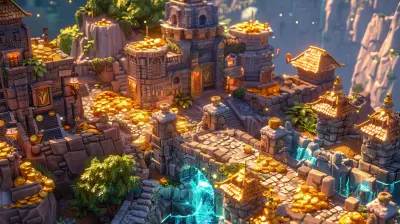Games That Revolutionized Their Genre
3 September 2025
Gaming has come a long way, hasn’t it? From pixelated screens and 8-bit soundtracks to hyper-realistic worlds and AI-powered foes, the evolution is staggering. But every genre has a few standout titles that didn’t just ride the wave—they made the wave. These are the games that didn’t just play by the rules; they threw the rulebook out the window.
So, whether you’re a retro gaming junkie or someone who's been glued to next-gen consoles, you’ve probably come across at least one game that changed everything. Buckle up, we’re about to take a walk down memory lane and tip our hats to the legends—the games that revolutionized their genre.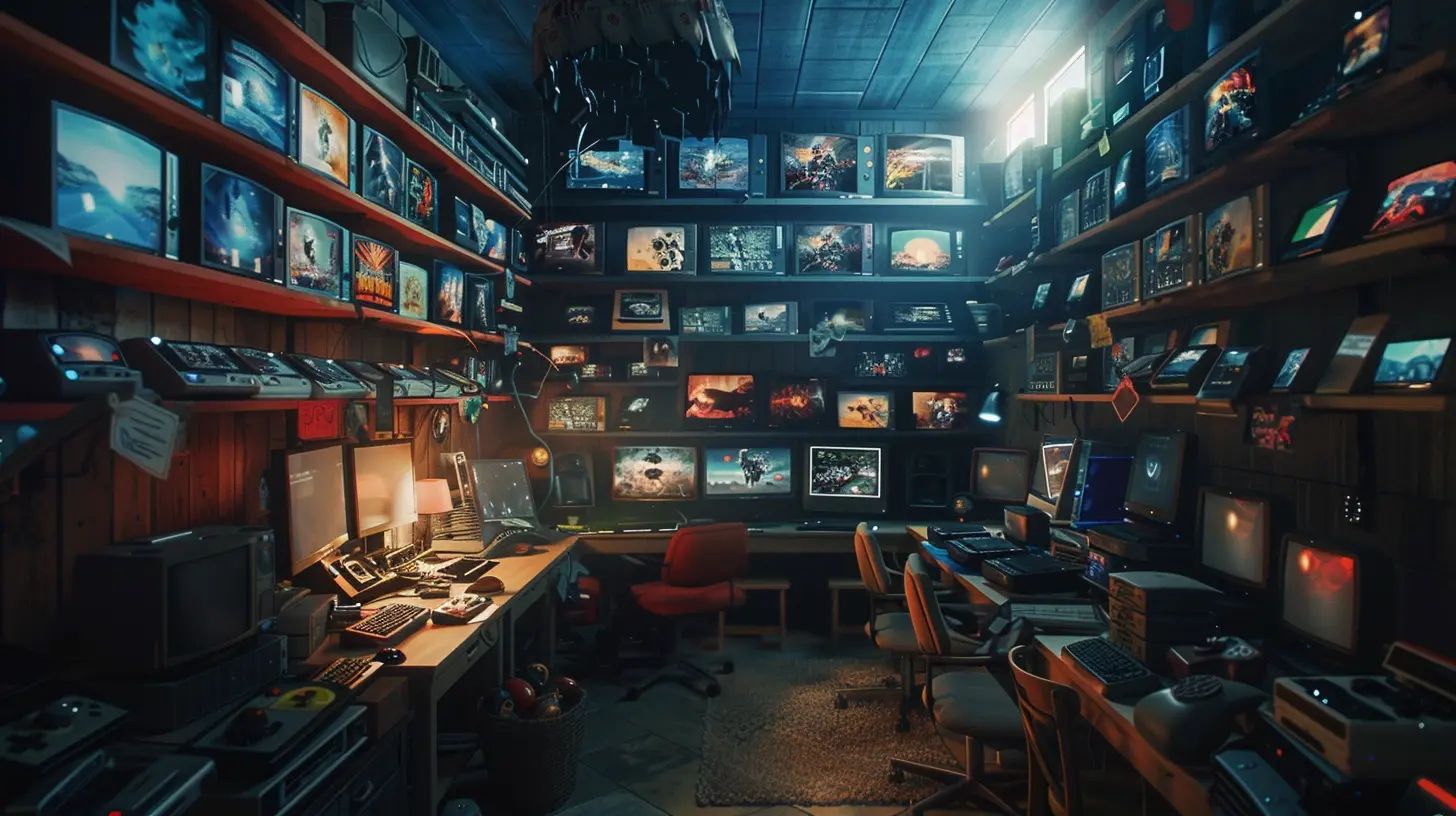
What Does It Mean to "Revolutionize" a Genre?
Before we dive into the list, let’s get one thing straight. We're not just talking about games that were popular or well-reviewed. We're talking about games that actually changed how their entire genre operates. Think of them as the game-changers, the disruptors, the ones that made other devs sit up, scratch their heads, and say, “Well, now we've gotta do things differently.”These games introduced features, mechanics, or stories that were so innovative, they altered how future games were made and played. And that's what we're celebrating here.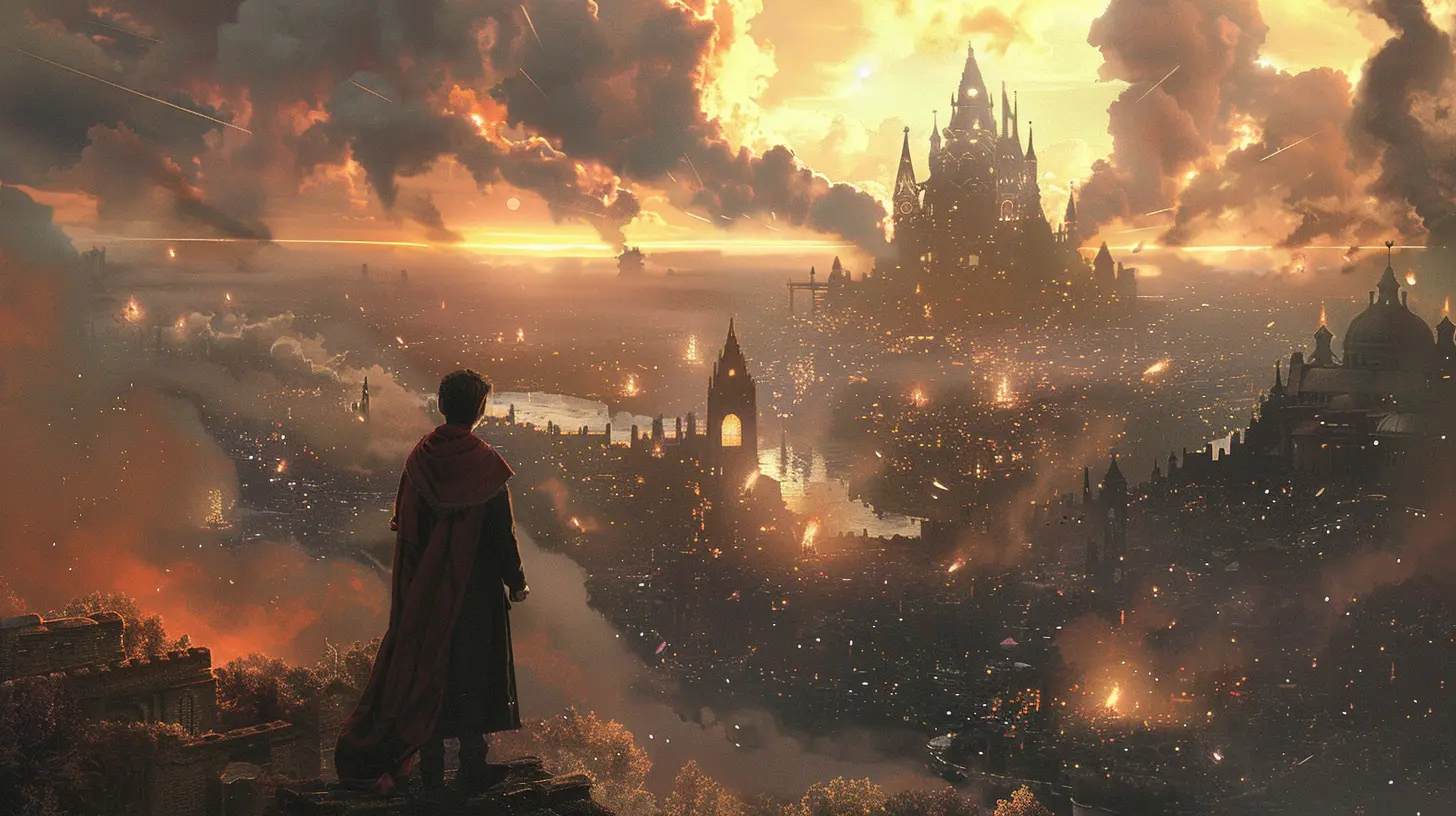
1. The Legend of Zelda: Ocarina of Time – (Action-Adventure)
Let’s kick things off with a game that made jaws drop when it hit shelves in 1998. Yes, I’m talking about The Legend of Zelda: Ocarina of Time.Why was this game revolutionary? It gave us 3D open-world exploration before it was cool. It introduced Z-targeting (that neat lock-on system for combat) which made fighting in a 3D space so much smoother. Before this, 3D combat felt like trying to box with both hands tied behind your back.
Combine that with a rich, emotional story, day-night cycles, and a time-traveling mechanic that actually made sense? Yeah, this title was way ahead of its time.
Genre Influence: Ocarina of Time basically wrote the blueprint for modern action-adventure games. From God of War to Horizon Zero Dawn, you’ll see its fingerprints all over the place.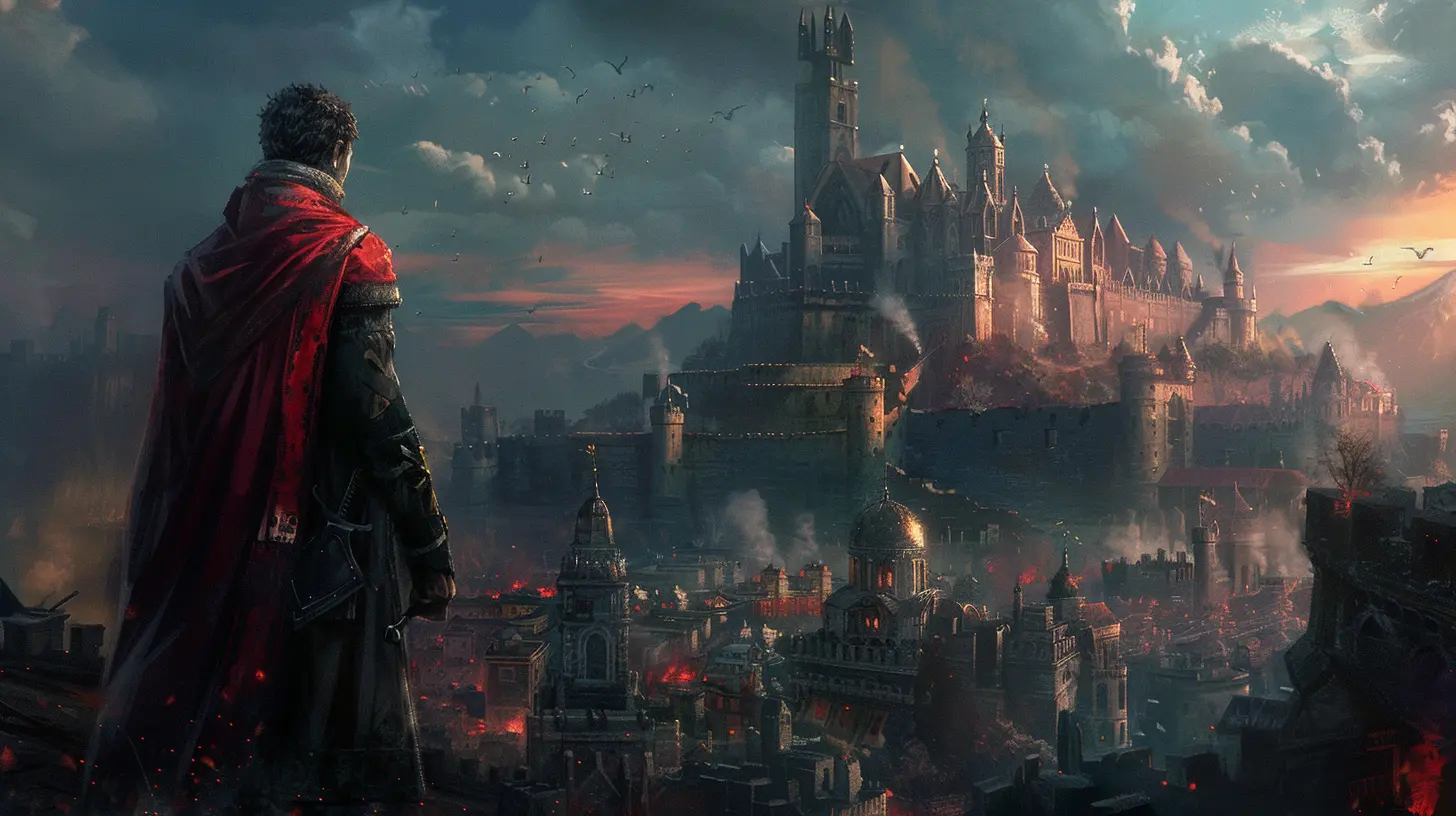
2. DOOM – (First-Person Shooter)
You can’t talk about genre-defining games without tipping your hat to good ol’ DOOM (1993). This beast practically birthed the FPS genre as we know it.It wasn’t the first first-person shooter—that title arguably goes to Wolfenstein 3D—but DOOM perfected it. Fast movement, aggressive AI, crazy weapons, and that thumping metal soundtrack? Pure adrenaline.
Plus, it brought modding into the spotlight. Did you know people were already making custom levels way back then? The game was so open and moddable that it helped grow entire online communities.
Genre Influence: There would be no Call of Duty, no Halo, no Overwatch—heck, maybe not even Fortnite—without DOOM’s DNA.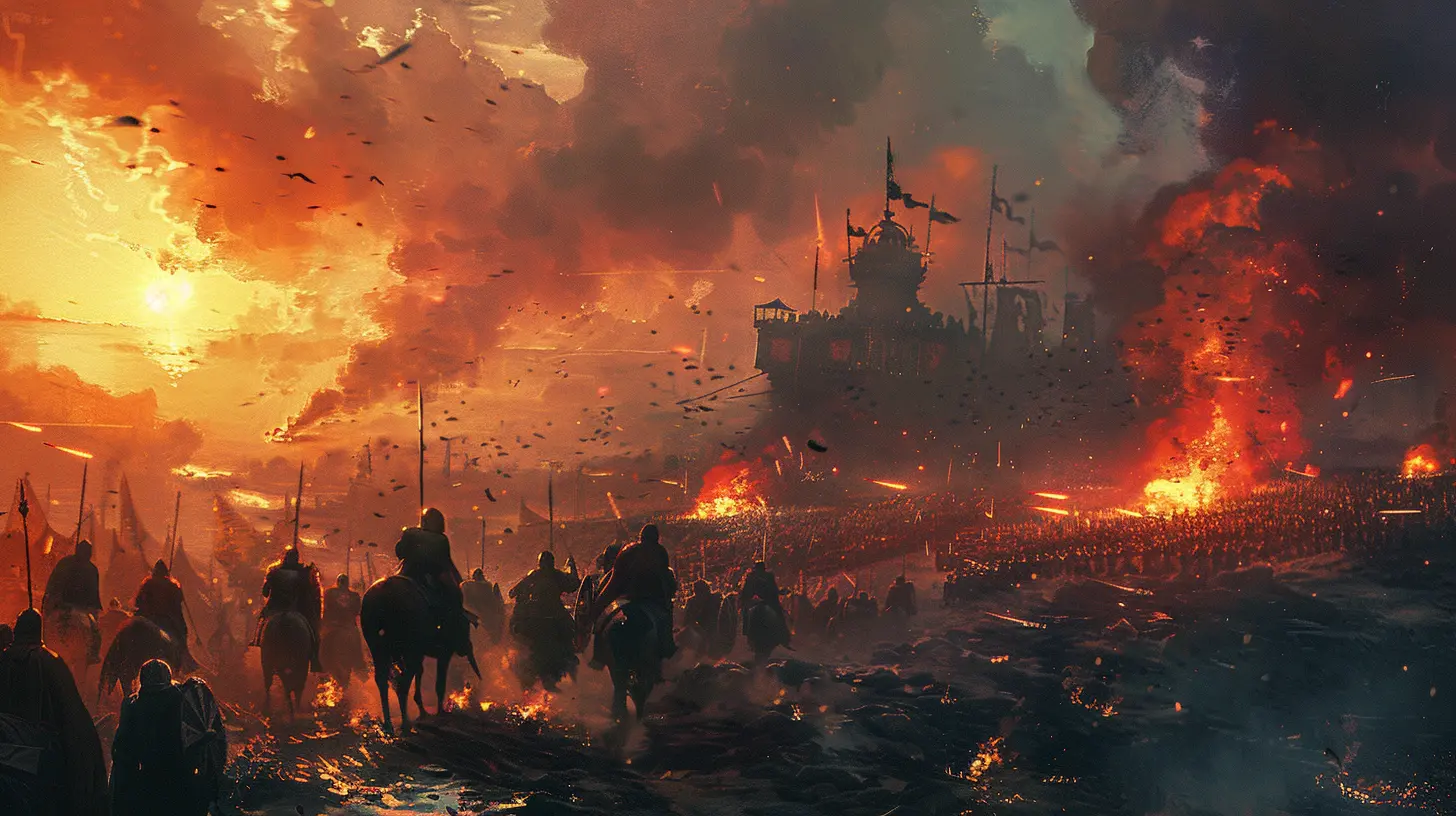
3. Super Mario 64 – (Platformer)
Mario’s always been a trendsetter—but Super Mario 64 was something else. It didn’t just redefine platformers; it took them into the third dimension and made it feel… natural.Released in 1996 for the Nintendo 64, this was the first time most gamers got to experience full 3D platforming. And guess what? It didn’t suck. The analog controls were tight, the camera (controlled by Lakitu, remember him?) worked reasonably well, and those open-ended levels? Mind-blowing.
Genre Influence: Every 3D platformer since has been walking in Mario's footsteps—from Banjo-Kazooie to Super Mario Odyssey. Even modern open-world games borrow from its level design philosophy.
4. Half-Life – (Narrative-Driven FPS)
When Half-Life dropped in 1998, people were expecting another DOOM clone. What they got instead was a masterclass in storytelling through gameplay.Valve axed the cutscenes and told the story through action, dialogue, and environmental cues. You were Gordon Freeman, and you “lived” the narrative. No jumping between scenes, no awkward FMVs—just pure immersion.
Also? The AI. Those soldiers actually flanked you, used grenades, and took cover. For a 90s shooter, that was practically witchcraft.
Genre Influence: BioShock, Metro, Titanfall 2—they all owe some love to Half-Life. It proved you could tell a compelling story without ever taking control away from the player.
5. Dark Souls – (Action RPG)
Get good. If you’ve been anywhere near gaming culture over the past decade, you’ve heard that phrase. You can thank Dark Souls (2011) for that.This game didn’t hold your hand. It beat you down, laughed at your tears, and then dared you to try again. But once you "got it," you realized it was brilliant. Tight combat. Deep world-building. Minimalist storytelling. And that sense of accomplishment when you finally beat a boss? Nothing quite like it.
Genre Influence: It spawned its own subgenre—Souls-like games. Think Bloodborne, Sekiro, Elden Ring, and even non-FromSoftware games like Hollow Knight. Its influence is titanic.
6. Grand Theft Auto III – (Open-World Sandbox)
Before GTA III (2001), most 3D games were either corridor shooters or level-based quests. Rockstar came in and said, “Nah, let’s give the player a whole city.”And what a city it was. Liberty City felt alive—radio stations, pedestrians with routines, random crimes happening around you. For the first time, players could roam around a living, breathing world and choose how to play.
Genre Influence: GTA III laid the groundwork for games like Saints Row, Watch Dogs, Red Dead Redemption, and even Cyberpunk 2077.
7. Minecraft – (Sandbox/Survival)
On the surface, Minecraft looks like a blocky toy. But look a little deeper, and you’ll see a game that shattered genre expectations.Launched in 2011 by Mojang, Minecraft blended survival mechanics, creative building, exploration, and multiplayer into a sandbox that felt truly limitless. Whether you wanted to survive your first creeper encounter or build a working calculator using redstone, the game gave you that freedom.
Genre Influence: It kick-started the survival game craze and paved the way for builders and sandbox titles like Terraria, Rust, ARK, and even Fortnite’s creative mode.
8. The Sims – (Life Simulation)
You want a game where you can watch digital people pee themselves and break up with their partners while cooking dinner? You got it.The Sims (2000) somehow turned mundane daily tasks into an absolute blast. It created an entirely new genre—life simulation. And let’s be honest, we’ve all removed the pool ladder at least once to see what happens.
Genre Influence: From Animal Crossing to Stardew Valley, the DNA of The Sims is still showing up. Even mobile games like BitLife owe something to its pick-your-path approach.
9. Portal – (Puzzle/Platformer)
“Now you’re thinking with portals.” That tagline wasn’t just catchy—it was the truth.Released in 2007, Portal was a short, sweet masterpiece that turned players’ brains into pretzels. It took the basic premise of puzzle-solving and layered it with physics, humor, and one of the most iconic villains ever—GLaDOS.
Genre Influence: It showed that puzzle games could be stylish, story-driven, and genuinely funny. Heck, Portal made the whole “escape room” genre explode.
10. Fortnite – (Live-Service Battle Royale)
Yeah, yeah, I know. Some folks can't stand it, but let’s be real—Fortnite changed the game. Not just the battle royale genre, but how games are released and updated.It took PlayerUnknown’s Battlegrounds’ formula and dialed it up. It threw in building mechanics, tight gunplay, constant updates, and live events that actually impacted the game world. Remember that in-game Travis Scott concert? Insane.
Genre Influence: Fortnite normalized the live-service model. Games like Apex Legends, Warzone, and even Roblox started chasing that dragon.
Honorable Mentions
Okay, so there are way too many to list, but here are some bonus shout-outs:- Metal Gear Solid – Introduced cinematic storytelling to stealth games.
- Tetris – Made puzzle games cool for everyone.
- Pac-Man – Showed gaming wasn’t just for boys and added character to the arcade scene.
- World of Warcraft – Made MMORPGs mainstream.
- Resident Evil 4 – Revolutionized third-person shooters with the over-the-shoulder camera.
So, What Makes a Game Revolutionary?
It’s not just about graphics, popularity, or even sales. It’s about influence. A revolutionary game changes how developers think and how players play. It sets a new bar, and you can feel its ripple effects for years (sometimes even decades) after it drops.And you know what? That’s what makes gaming so dang exciting. You never know when the next genre-defining game is going to show up. One day you're just scrolling Steam, looking for something new, and BAM—you stumble upon the next big thing.
Final Thoughts
Revolutionary games are like lightning in a bottle. They’re rare, unpredictable, and unforgettable. Whether you were there on launch day or discovered them years later, these games have one thing in common—they made us feel something new.So next time you pick up your controller or fire up your PC, take a moment to appreciate the games that laid the groundwork. Every boss fight, every open-world vista, every choice-driven narrative—all of it started somewhere.
And who knows? Maybe the next revolutionary title is just one patch download away.
all images in this post were generated using AI tools
Category:
Top GamesAuthor:

Greyson McVeigh
Discussion
rate this article
1 comments
Maya Kane
What an intriguing list! I'm curious how each game's innovative elements not only shaped their genre but also influenced future titles. Which game do you think had the most significant impact?
September 29, 2025 at 4:23 AM

Greyson McVeigh
Thank you! While each game on the list had a significant impact, I'd argue that *Super Mario 64* revolutionized 3D platforming with its innovative controls and design, setting a standard that influenced countless titles in the genre.
